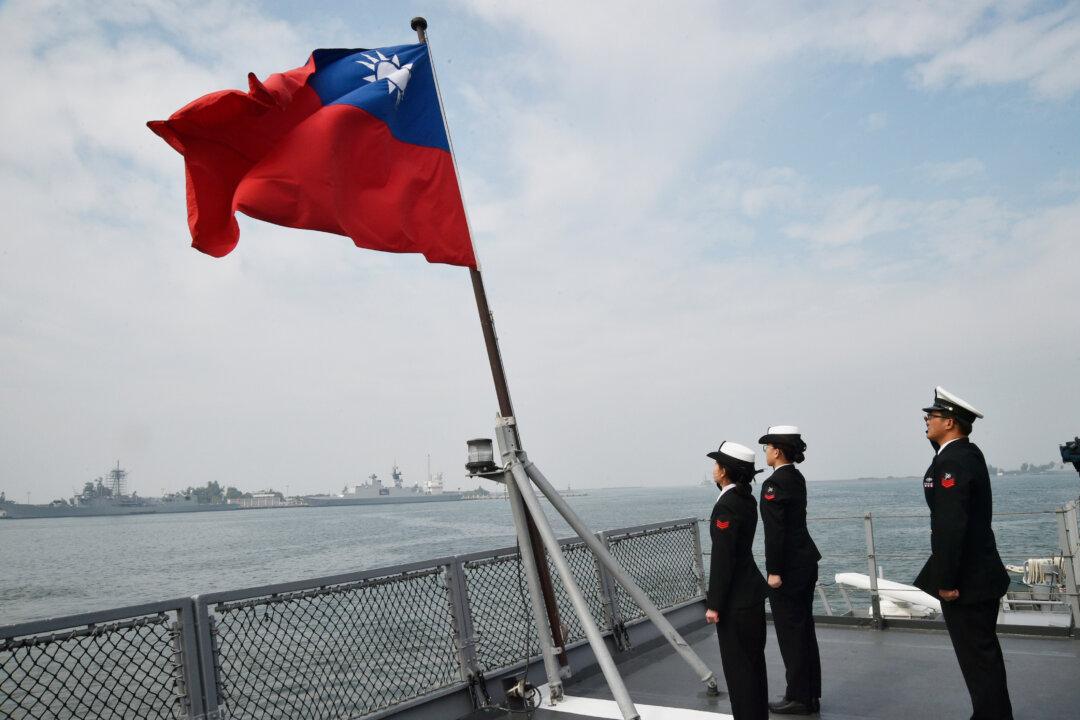Taiwan has raised its travel warning for China to the second-highest level, telling its citizens to avoid taking “non-essential travel” to the country, following threats from Beijing to impose the death penalty on “diehard” supporters of the island’s independence.
Taiwan’s Mainland Affairs Council, a cabinet-level administrative agency responsible for handling affairs concerning China, raised the travel alert from “yellow” to “orange” in the island’s four-level advisory system, according to a June 27 press release.





